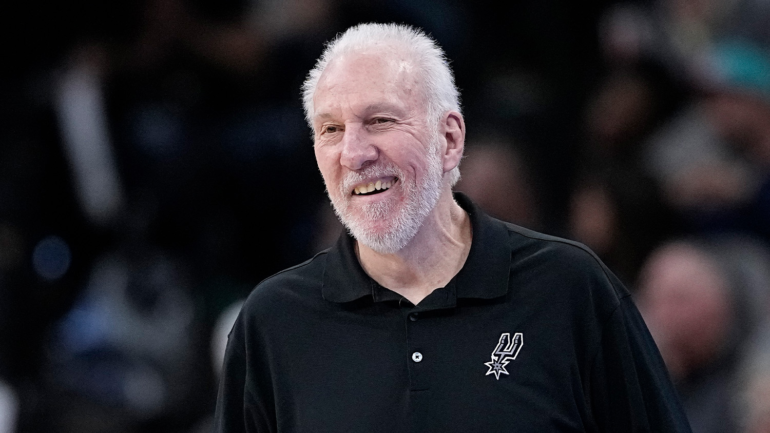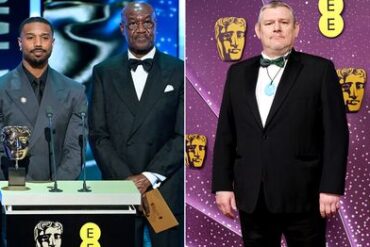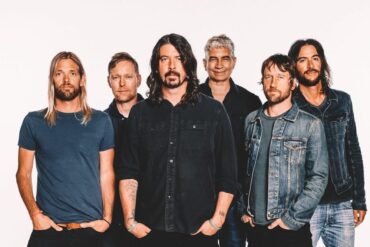
SAN ANTONIO — A legendary chapter in NBA history has come to a close. Gregg Popovich, the architect behind one of the most successful dynasties in professional sports, has stepped down as head coach of the San Antonio Spurs. The announcement, made Friday, brings an end to a 30-year coaching tenure defined by excellence, innovation, and sustained greatness.
“While my love and passion for the game remain, I’ve decided it’s time to step away as head coach,” Popovich said in a statement. “I’m forever grateful to the wonderful players, coaches, staff and fans who allowed me to serve them as the Spurs head coach and am excited for the opportunity to continue to support the organization, community and city that are so meaningful to me.”
Popovich, 75, isn’t leaving the franchise entirely. He will transition to his front-office role as Team President, continuing to shape the identity and vision of the Spurs as they embark on a new era built around a young core led by Victor Wembanyama and Stephon Castle.
A Legacy Carved in Stone
Popovich took over as head coach during the 1996–97 season—a year the Spurs ended with a losing record due to an injury to star center David Robinson. That setback turned into a blessing when San Antonio won the 1997 Draft Lottery and selected Tim Duncan, igniting a basketball dynasty that would span two decades.
Under Popovich’s leadership, the Spurs captured five NBA championships (1999, 2003, 2005, 2007, 2014) and became the gold standard for sustained team success. His coaching philosophy, rooted in discipline, ball movement, unselfishness, and accountability, revolutionized modern basketball and influenced an entire generation of coaches.
He retires with a regular-season record of 1,422 wins and 869 losses, making him the winningest coach in NBA history. His 170 playoff victories are also the most by any coach with a single franchise, and third all-time behind only Phil Jackson (229) and Pat Riley (171).
Beyond the numbers, Popovich leaves behind an indelible cultural impact. He was known for his wit, blunt interviews, and social advocacy, as well as for fostering a player-first environment where trust, respect, and humanity were core values. He helped redefine what it meant to lead—not just to win.
The Final Season
Popovich coached just five games in the 2024–25 season before suffering a stroke on November 2 at the Frost Bank Center. He was hospitalized and did not return to the bench for the remainder of the year. Though he addressed the team privately and released a hopeful statement in March about returning, he never made it back to the sidelines.
Assistant coach Mitch Johnson, 37, took over on an interim basis and coached the Spurs through the season’s final 77 games, finishing with a record of 32–45. On Friday, Johnson was officially named the team’s new head coach—a significant passing of the torch within the Spurs’ tight-knit organizational culture.
The Popovich Tree and Cultural Impact
Popovich’s influence stretches far beyond San Antonio. His coaching tree includes NBA head coaches and executives such as Mike Budenholzer, Ime Udoka, Monty Williams, Becky Hammon, and Steve Kerr, who credited Popovich for shaping his own championship run with the Golden State Warriors.
“Pop is more than a coach. He’s a mentor, a leader, and a moral compass for the league,” Kerr said in 2018. “He showed that you can be demanding without being demeaning. That you can win with integrity.”
Popovich also coached Team USA to a gold medal at the Tokyo 2020 Olympics (held in 2021), further cementing his global basketball legacy.
A Fitting Farewell
The announcement comes at a pivotal moment for the Spurs franchise. With Wembanyama already emerging as one of the league’s most unique talents and Castle just having won Rookie of the Year, San Antonio’s future looks bright. But the end of the Popovich era marks more than just a coaching change—it closes the book on one of the most storied tenures in sports.
Former players, including Manu Ginobili, Tony Parker, and Tim Duncan, have long praised Popovich not just for his basketball mind, but for his care and wisdom off the court.
“The best there ever was,” Ginobili said last year. “He changed our lives.”
As the Spurs move forward, they do so on a foundation built by Popovich—one of discipline, humility, and vision. And though he’s stepping off the bench, his fingerprints will remain on the franchise for decades to come.





